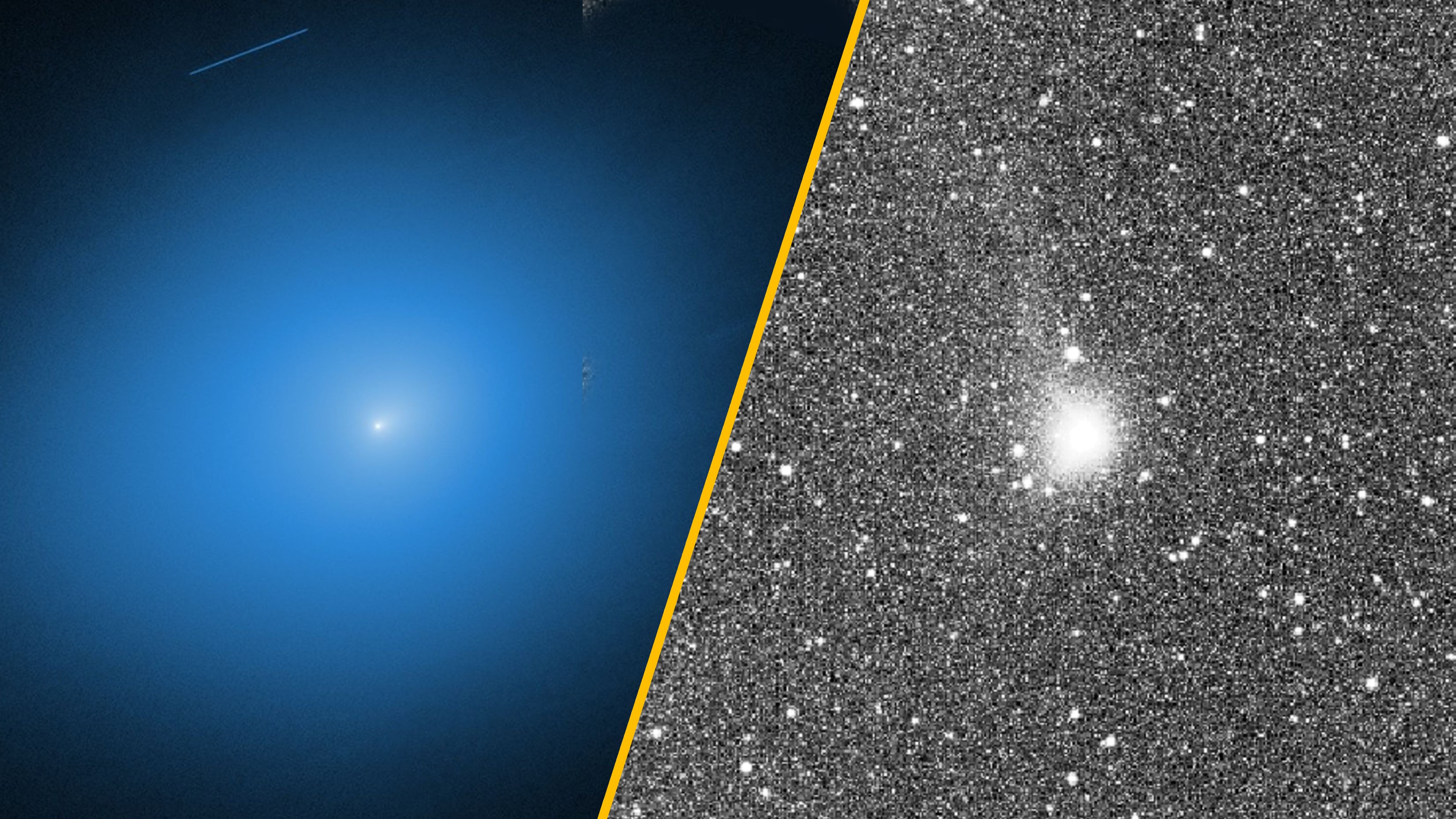The World's Plants Are Going Extinct About 500 Times Faster Than They Should, Study Finds

If you're the sort of person who just can't keep a plant alive, you're not alone — according to a new study published June 10 in the journal Nature Ecology & Evolution, the entire planet seems to be suffering from a similar affliction.
After analyzing the populations of more than 330,000 seed-bearing plants around the world, the study authors found that about three plant species have gone extinct on Earth every year since 1900 — a rate that's roughly 500 times higher than the natural extinction rate for those types of plants, which include most trees, flowers and fruit-bearing plants. Unsurprisingly, human activity plays a key role in this elevated extinction trend. [Wipe Out: History's Most Mysterious Extinctions]
"The geographical pattern of modern extinction of plants is strikingly similar to that for animals," the researchers wrote in their new study.
The team found that roughly half of all reported plant extinctions occurred on isolated islands, where species are more vulnerable to environmental changes brought on by human activity. The islands of Hawaii proved the single most dangerous place for plant species, with 79 extinctions reported there since 1900. Other places with particularly high extinction rates included the Cape Provinces of South Africa, the island of Mauritius, Australia, Brazil and India.
To reach these conclusions, the researchers scoured every journal and plant database at their disposal, beginning with a 1753 compendium by pioneering botanist Carl Linnaeus and ending with the regularly updated IUCN Red List of Threatened Species, which maintains a comprehensive list of endangered and extinct plants and animals around the world. After combining and cross-checking the various extinction reports, the team compared the results to the natural or "background" extinction rates for plants, which a 2014 study calculated to be between 0.05 and 0.35 extinctions per million species per year.
The researchers found that, while roughly 1,300 seed plant species had been declared extinct since 1753, about half of those claims were ultimately proven to be false. In the last 250 years, more than 400 plants thought to be extinct have been rediscovered, and 200 others have been reclassified as a different living species. That leaves approximately 571 species confirmed extinct in the last 250 years, vanishing at a rate of roughly 18 to 26 extinctions per million species per year.
That number may look wilted when compared with the rate at which animals are dropping off the planet (which is about 1,000 times greater than the natural rate), but the trend is still troubling.
Get the world’s most fascinating discoveries delivered straight to your inbox.
Perhaps more troubling, the authors wrote, is that the elevated extinction rate they found is very likely an underestimate of the actual number of plant species that are extinct or critically endangered. These results do not account for plants that are "functionally extinct," for example; meaning they only exist in captivity or in vanishingly small numbers in the wild, Jurriaan de Vos, a phylogeneticist at the University of Basel in Switzerland, who was not involved in the research, told Nature.com. (De Vos is, however, the lead author of the 2014 study on background extinction rates.)
"You can decimate a population or reduce a population of a thousand down to one and the thing is still not extinct," de Vos said. "But it doesn’t mean that it’s all OK."
- Image Gallery: Carnivorous Plants
- The Most Disgusting and Deadly Flowers
- 10 Species That Will Die Long Before the Next Mass Extinction
Originally published on Live Science.

Brandon is the space / physics editor at Live Science. With more than 20 years of editorial experience, his writing has appeared in The Washington Post, Reader's Digest, CBS.com, the Richard Dawkins Foundation website and other outlets. He holds a bachelor's degree in creative writing from the University of Arizona, with minors in journalism and media arts. His interests include black holes, asteroids and comets, and the search for extraterrestrial life.


